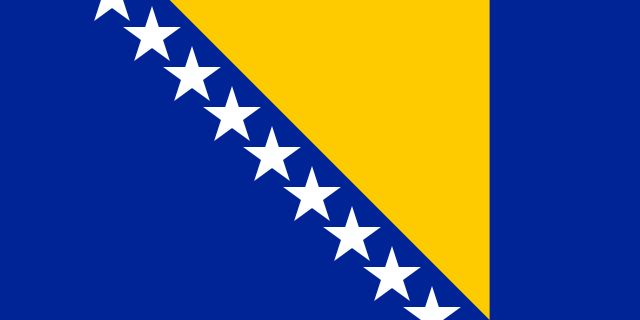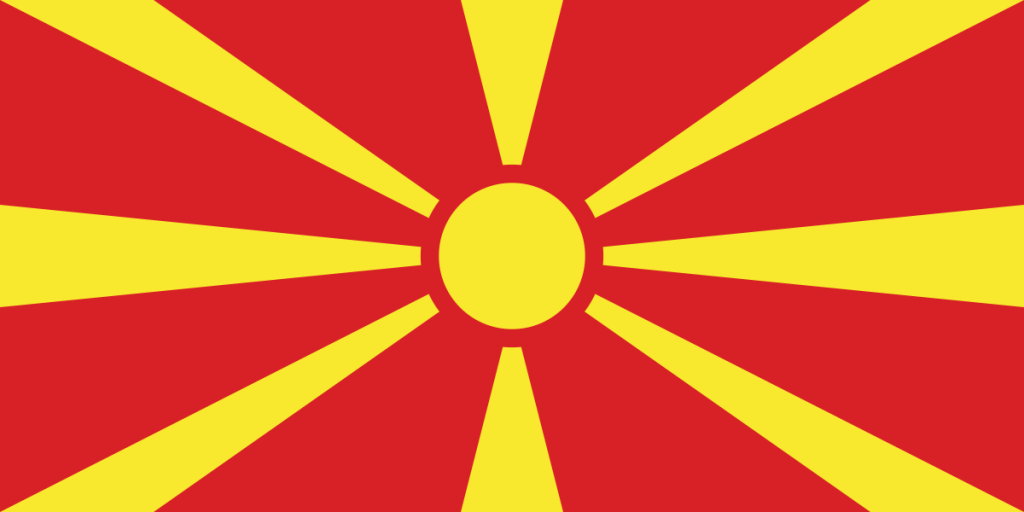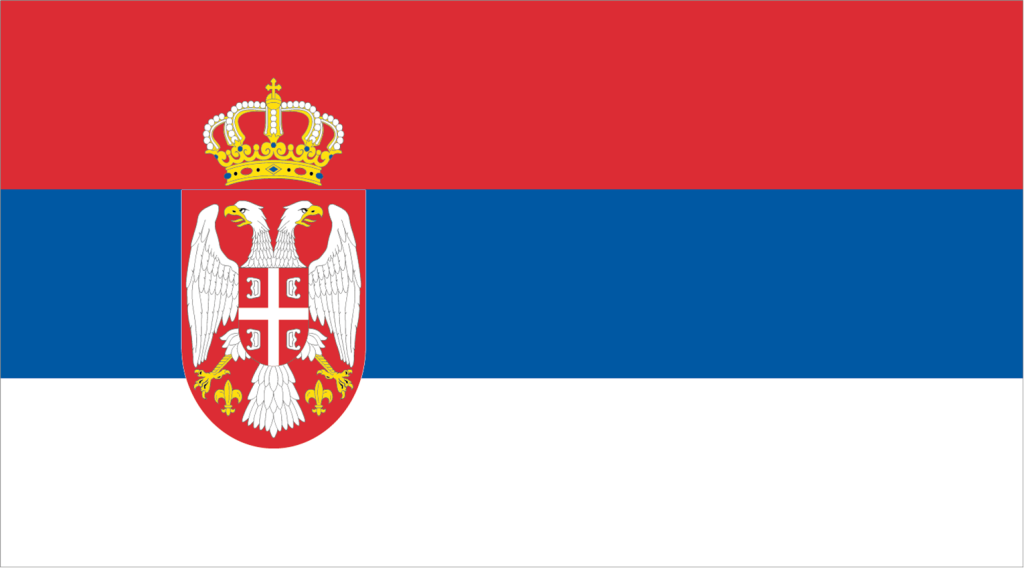Why is this project relevant?
Few other topics like migration attract misinformation and polarization of opinions. Especially in recent years, the public debate about migrants has become skewed, the gap between perception and reality widened, with positives overlooked and negatives amplified.
The impact of such a negative narrative undermines social cohesion, innovation and economic growth. Efforts towards effective and comprehensive migration policy-making are undermined, with adverse effects on communities where individuals of different nationalities and cultural backgrounds live and work side by side. Evident repercussions are felt on the economies of countries of origin, due to decreased remittances – the savings that migrants send back home. Similarly, economies of hosting countries are negatively affected, due to increased labour shortages paired with the growth of grey and informal economy, caused by the employment of undocumented migrants and migrants’ exploitation.
Promoting a balanced and effective communication about migration contributes to expand the social and political space for effective migration policy-making, supporting inclusive, innovative and prosperous hosting communities.
What are the expected results?
By analysing those complex factors that shape public attitudes towards migrants, the E-MINDFUL project intends to promote a social and economic environment where everyone can feel belonging, so to be more adaptive, creative and productive.
Over a period of 24 months, the project will provide:
- A set of lessons learned drawn from communication campaigns already carried out;
- A package of pilot and innovative prototypes of communication campaigns tailored and tested on key audiences;
- A systematized assessment of effective communication strategies, resonating with key audiences;
- A comprehensive, evidence-based, action-oriented set of guidelines and tools to steer future communication strategies on migration and migrants.
Who are the parties involved?
The implementation of the Project will harness the perspectives, mandates, roles and expertise of the following partners:
- The Office of the Co-ordinator of OSCE Economic and Environmental Activities (OCEEA)
- International Labour Organization Office for Central and Eastern Europe (ILO)
- The European University Institute (EUI), the Observatory on Public Attitudes to Migration
The project involves six countries – Austria, Bosnia-Herzegovina, Germany, Italy, North Macedonia and Serbia – that share a common, dynamic geopolitical space and similar challenges towards fostering a fertile fabric that makes diversity an asset for social, economic and cultural growth.
A wide array of stakeholders will contribute to the implementation of activities: governmental authorities dealing with migrants’ socioeconomic integration and mainstream media outlets; international, regional and civil society organizations engaged in migration-related issues; academia and educational entities dealing with social communication and marketing, journalism, TV/radio/cinema, arts.
Regional organizations, partners in the Western Balkans
- The Migration, Asylum, Refugee Regional Initiative (MARRI)
- The Central European Initiative (CEI)
- The Southeast European Cooperative Initiative (SECI)
Which are the approaches applied?
- Scientific-led and multidisciplinary: by involving experts and academicians from relevant areas of expertise — semiotics, sociology, anthropology and communication — the project will explore public attitudes to migration applying a robust scientific and multidisciplinary approach;
- Multi-stakeholder and participatory: by involving government institutions in charge of migration policymaking, mainstream media outlets, academia, practitioners, and educational entities the project will strengthen participation and ownership of the outcomes;
- Innovative and experimental: by engaging young creators and their respective educational entities the project will explore fresh ideas on how to communicate migration, measuring which messaging is most effective in resonating with the target audiences.
Where are the funds provided from?
The project partners express their gratitude to the current donors – the European Commission, Directorate General for Home Affairs and Migration; the German Federal Foreign Office; the Italian Ministry of Labour – and wish to encourage other to join.
CURATED TRANSLATIONS OF THE TEXT




